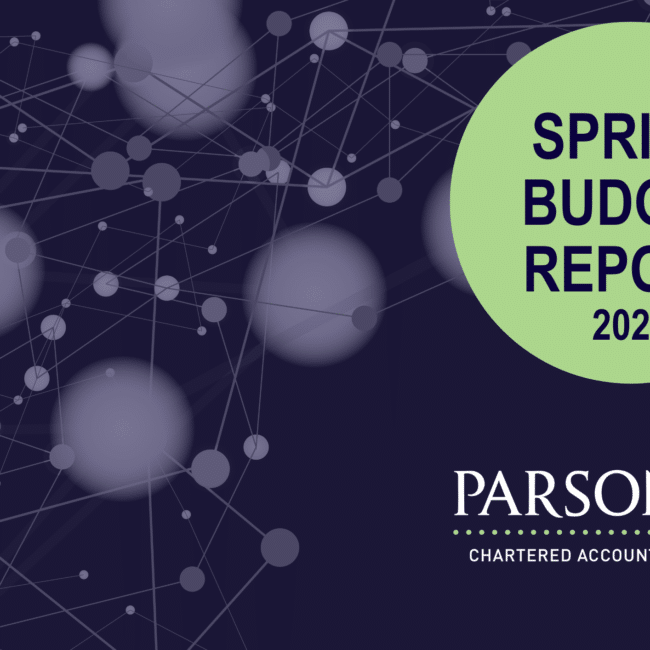
GP Practice Accounts – Quick Guide
A quick guide to GP practice accounts
As with any type of business, you have a legal responsibility to ensure that your GP practice accounts (or similarly, those for your medical or dental practice) are kept in good order, ready to report to HMRC at the end of your financial year.
But what do your GP accounts need to include, and how can well-organised records help you from a business management and planning perspective? Our specialist medical accountants have put together a brief guide to GP practice accounts to help you.
That said, while we generally refer to GP practices here, the same advice applies to any similar organisation, such as NHS consultants, primary health care and other medical providers, and dental surgeries too.
What do your annual dental, medical or GP practice accounts need to include?
Your medical/ practice accounts are the result of the collation and calculation of all your annual financial data, and should be put together by either your own in-house accountant or a reliable outsourced specialist. Your final financial statements document should include the following information:
Balance sheet
A breakdown of your practice’s final, end-of-year financial position, including monies owed, practice debts and partners’ funds/capital accounts.
Distribution of net income
This details final profit share calculations including all workings.
Profit/loss account
All income (NHS and non-NHS) received into the practice and all expenditures need to be accounted for and assigned to specific categories. The final profit minus loss calculation will give you the amount available for partner profit share. Your previous year’s figures should also be included to allow for comparison.
Statement notes
This part of your accounts is where the more detailed breakdowns live, such as specific inclusions from your balance sheet e.g. fixed assets, and a clear breakdown of each practice partner’s capital and current accounts.
Partners’ approval
All partners (or the executive board) should co-sign the document to evidence that they have read the statements and agree with the information therein.
Accountant’s report
Confirmation that the accounts have been prepared in-line with the initial agreement between both parties and according to the relevant reporting requirements.
How your GP or medical practice accounts can help you build a better business
Aside from your reporting obligations, your practice accounts are also useful for a variety of other purposes too. Having access to this financial data allows you to:
- Get a full understanding of your business position including how to adjust operations to seize opportunities or make financial efficiencies
- Plan ahead and make projections, such as agreeing what each partner should draw monthly in the next financial year and whether you need to make any staffing changes.
- Present up-to-date information for any funding applications, potential new partners or other major outlays.
- Benchmark your performance against other local practices and, more broadly, against national figures.
Ensuring accounting accuracy for your GP, dental or medical practice
The above is just a whistle-stop tour of what is obviously a much more thorough and in-depth process. The process can be complex and may feature some factors which are unique to the NHS. If you don’t have a qualified chartered accountant on your team, we’d always recommend seeking professional support.
Accuracy is everything when it comes to submitting your accounts to HMRC, and as with any sector, there are specific nuances that need to be taken into consideration in the preparation of your financial information.
Without the knowledge of current applicable legislation, tax reporting requirements and the day-to-day running of a medical or GP practice, your accounts may not be as accurate and reliable as they should be. While this can be problematic from a HMRC or auditing point of view, it’s of more importance when it comes to making informed business decisions.







